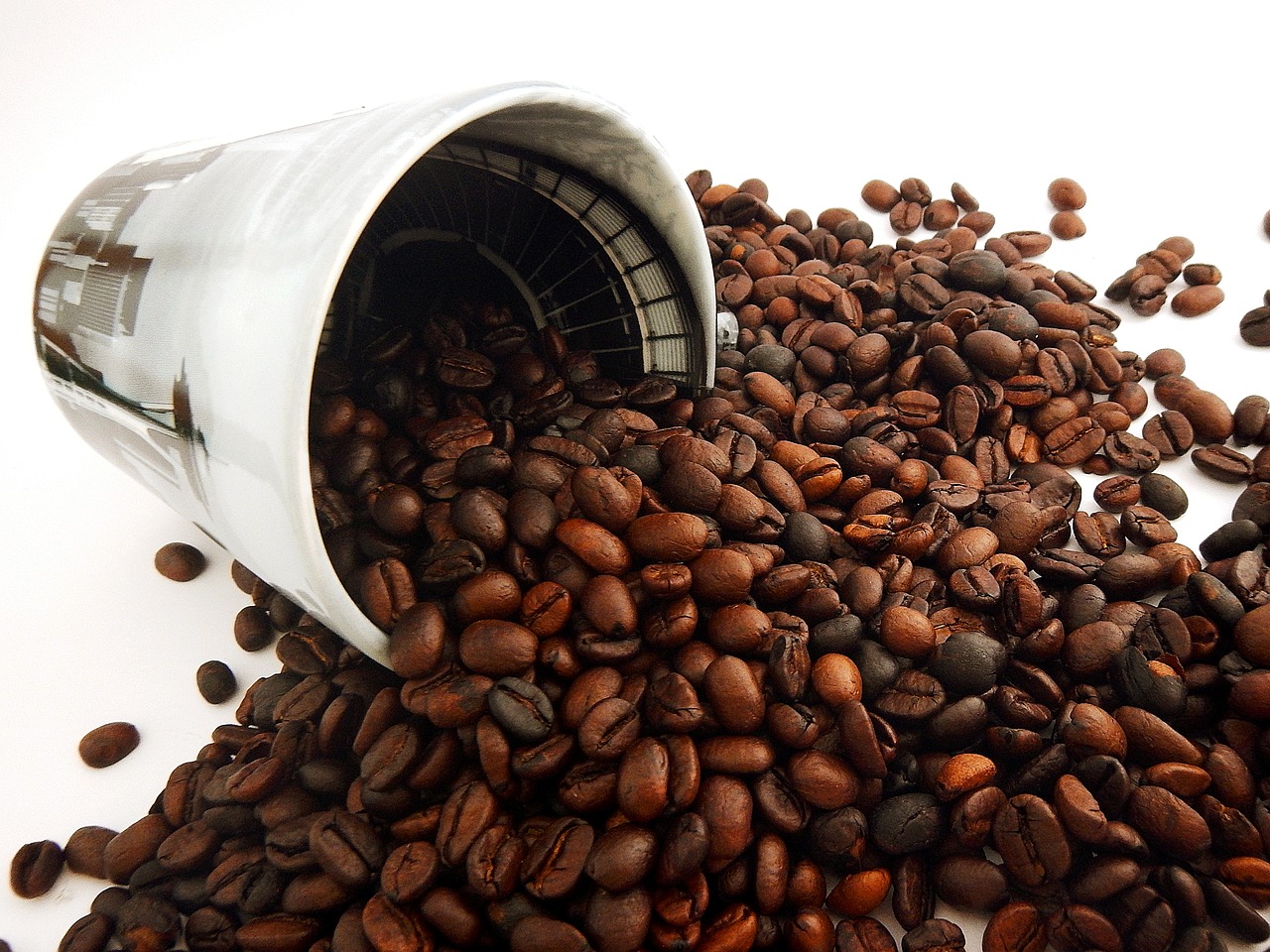On the global market, coffee is the second most popular commodity after oil. This invigorating drink is an essential part of our morning routine, business discussions, or friendly conversations in offices and cafés. However, like any product, coffee can be both beneficial and harmful.
The Miraculous Properties of the “Divine Drink”
Let’s start with the aroma that coffee lovers adore. At the first breath of a freshly brewed cup, the brain starts producing the “hormone of pleasure.” This brings a sense of calm, joy, and coziness, which is invaluable in today’s complex world.
Recent scientific studies confirm more substantial benefits of coffee beans. Previously, it was believed that caffeine stimulates the nervous system. However, it is now proven that caffeine doesn’t stimulate but rather blocks the natural self-braking mechanisms of the body. Since the nervous system “orders” itself not to slow down, fatigue disappears after a cup of coffee, and physical activity and mental clarity increase.
This drink positively affects the body and even protects against certain diseases. Oncologists agree that coffee protects the body from cancer, particularly liver, breast, and prostate cancers. Those who drink 2-4 cups of coffee daily have a significantly lower chance of ever hearing the dreaded words: “malignant tumor.” The secret lies in the polyphenols that are abundant in coffee beans.
Regular coffee consumption can help maintain a sharp mind in old age, preventing conditions like dementia or Alzheimer’s disease. Coffee contains 24 substances that ensure the long-term preservation of crucial brain functions such as spatial orientation, reasoning, learning, clear speech, and calculations.
Caffeine’s ability to dilate blood vessels not only alleviates headaches but also helps stabilize blood pressure in those with hypotension, protects against strokes, thrombosis, heart attacks, and diabetes.
Experts claim that ground coffee positively affects the retina, helps prevent gout and gallstone disease, and aids in fighting obesity. It accelerates metabolism, burns fat, and reduces appetite. Moderate coffee consumption combined with a healthy lifestyle can maintain a slim figure, leaving fat with no chance of accumulating around the waist and hips.
Instant vs. Ground Coffee
People all over the world start their mornings with a cup of fragrant coffee. Instant coffee is quicker to prepare, saving precious time, which makes it a global best-seller.
However, instant coffee is not equivalent to natural ground coffee. It is made from coffee beans but is ground into powder with added flavorings, dried milk, and sugar. The type of beans and the roasting process differ significantly from those used in natural ground coffee. Artificial flavors and aromas can even harm health.
Instant coffee, whether powdered, granulated, or freeze-dried, offers little benefit to the human body. It merely helps expel excess fluid, reducing puffiness under the eyes or in the limbs. Its low price, easy preparation, and ability to quickly provide a boost are its only redeeming qualities.
Harmful Habits and Other Drawbacks
Like any food or drink, coffee can be both a remedy and a poison—depending on the amount. Drinking more than 5-6 cups of strong ground coffee a day can lead to health issues. Common side effects include nervous exhaustion, dehydration, gastrointestinal discomfort, and irregular heart rhythms.
While coffee boosts physical and mental activity, over time, it may cause anxiety, irritability, dizziness, or insomnia (which is why it’s not recommended to drink coffee after 7 p.m.).
Drinking coffee on an empty stomach is a bad habit, especially for those with stomach problems. Coffee beans increase stomach acidity, which can lead to excessive gastric juice production. Those with gastritis, stomach ulcers, or duodenal ulcers can still enjoy their favorite drink in moderation by opting for a weak brew with added milk. Drinking coffee too hot may increase the risk of esophageal or throat cancer.
People with high blood pressure should be aware that a cup of coffee raises blood pressure, and those with coronary artery disease may experience worsened arrhythmias.
Pregnant women are advised to limit coffee consumption to 1-2 cups a day due to the risks of miscarriage or giving birth to a baby with low weight or congenital conditions.
Coffee also has a potent diuretic effect, so to avoid dehydration, doctors recommend maintaining proper water balance. The best approach is to drink a cup of ground coffee half an hour after eating, followed by a glass of water 20 minutes later.
Everyone knows about coffee’s strong potential for addiction. While it’s not considered a drug, coffee is habit-forming for many people. But unlike a true addiction, there are no severe withdrawal symptoms if coffee is unavailable. The desire for a cup of coffee can be temporarily set aside without much discomfort.
To Drink or Not to Drink?
The answer to this question lies in personal experience. If drinking coffee doesn’t cause any discomfort, there’s no need to limit the number of cups you enjoy. However, if coffee causes agitation or stomach or heart discomfort, moderating both the amount and strength of the coffee you consume is the right choice.
